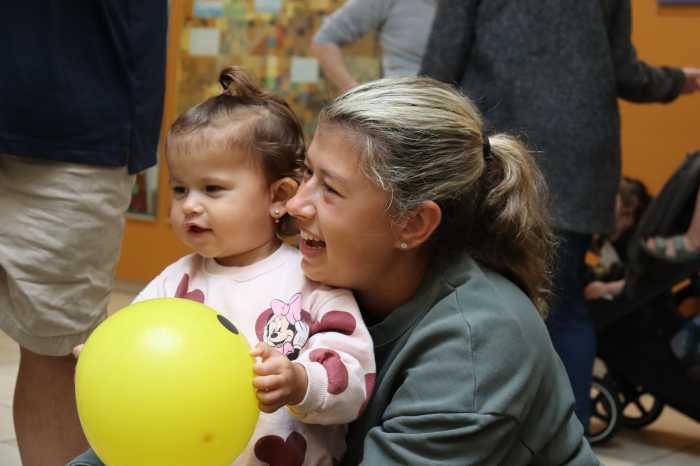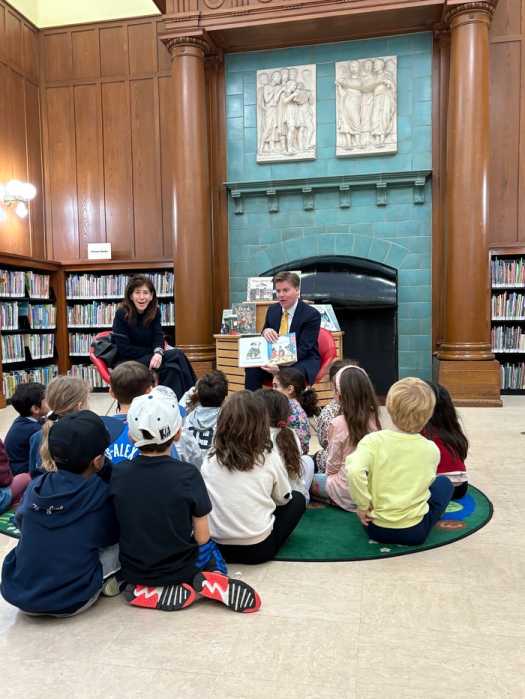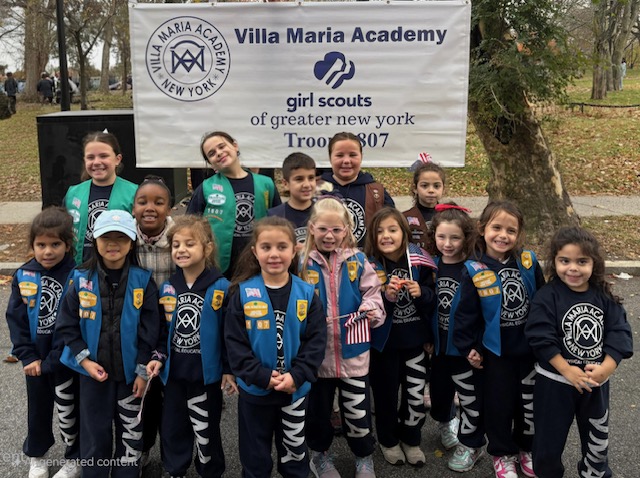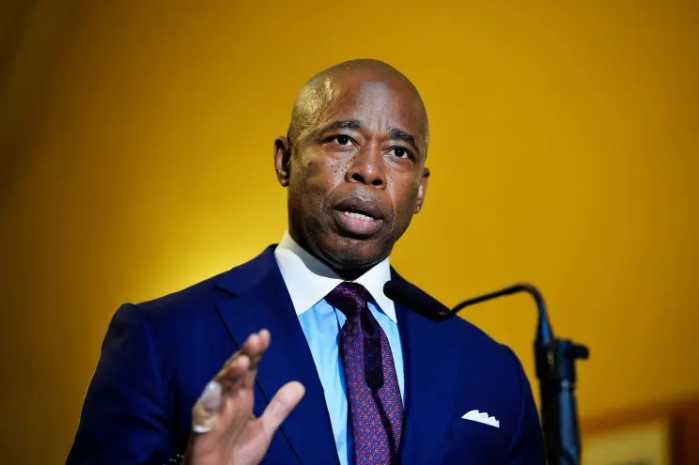Judy Collins with songwriting and performance collaborator Ari Hest. | SHERVIN LAINEZ
As reassuring, endlessly rewarding, and lovely a New York presence as the Statue of Liberty herself — whom she somewhat resembles today in her classic profile — Judy Collins is returning to the Café Carlyle to bewitch us with her ever-uncanny voice, which seems to possess all the vast plains and mountains of this great, if crumbling country of ours.
Her new show will feature a bold first step for her that she described in an interview with Gay City News.
“Of course I sing some of my hits and some from my new CD, ‘Silver Skies Blue,’ my new CD I did with Ari Hest, who will be performing with me. Ari and I have written all the songs together. It’s very exciting, a first for me. I have written songs in the past but never a whole album, a big step. I met Ari a few years ago, and he wrote the lead song for my duets album I recorded with Willie Nelson, Jackson Browne, Jeff Bridges, and Jimmy Buffet. We decided to work together and spent a year writing songs, and here we are. You know, I have to keep myself excited and interested, and these are great songs, all important.
Judy Blue Eyes’ timeless talent and her vision of what keeps us around
“Ari really impresses me. I wouldn’t have done this work without him. He’s a career musician and wonderful singer, been around for about 15 years. He had a contract with Columbia and did a couple of albums for Sony. I’m very picky and wouldn’t go near someone if I didn’t think they were cooking on all burners. I just think he’s dazzling and his work is first-class.”
I told Collins that, for me growing up, her voice was a beautiful, inescapable presence in my life and, miraculously, its silvery, crystalline timbre and elemental force seem unchanged decades later. Collins laughingly replied, “Well, it’s good luck, good health, a lot of good training, and, I think, just in general a fortunate combination of a number of things. I was a classical pianist, playing Mozart, Debussy, and Rachmaninoff as a young person before I found folk music. Then, when I started singing in concerts and touring, I started to lose my voice. In 1965, I was lucky enough to find a great teacher named Les Margulies, a genius, whom I worked with for 32 years. He knew what he was doing — not a lot do — and I was lucky.”
If nothing else, Collins will always be known as the artist who gave Stephen Sondheim his first and only real pop hit, with her recording of “Send in the Clowns.”
“Yes! And I just made a new Sondheim special for PBS with orchestra, which will come out during the November-December pledge drive, as well as a record, with just piano, of 10 of those songs, coming out in February. I finally accomplished a dream I had for 25 years of doing that. I hope to do the same for these songs that I did for ‘Send in the Clowns,’ so people will hear them in a different way and make a huge difference in their lives.
“I had been nosy about Sondheim in 1973, when a friend brought me the cast album of ‘A Little Night Music.’ When I heard ‘Clowns,’ I just flipped out — ohmigod, I have to do this song! I was lucky because my record company, Elektra, was poised to do good work. I had certainly built my relationship with them, having huge hits with ‘Both Sides Now,’ ‘Some Day Soon,’ ‘Amazing Grace,’ and ‘Who Knows Where the Time Goes.’ They were poised, with the album I was working on, to make the best out of it and they certainly did. I was with Elektra for 25 years and then went back and recorded more, which I still do, and I still get a check from them every six months. Fifty-five years. Amazing! I still see Sondheim in town, and I’m always so glad to know him. He appreciates what I do, which is very nice. ”
“Who Knows Where the Time Goes” was memorably featured on the soundtrack of the film “The Subject Was Roses,” lending an extra layer to Patricia Neal’s poignant Oscar-nominated performance.
“Yeah, it’s a wonderful song, which Sandy Denny wrote, and I was lucky to find it when I did. The director, Ulu Grosbard, called me just after I recorded it in 1968. He said, ‘I’m making this movie, and I’m downstairs editing it, while my kids are upstairs, playing your album. I keep listening to the song “Albatross,” and it fits right into the scene where Patricia takes this bus ride out to Montauk and I’d like to use it. What else are you doing?’
“I told him about ‘Who Knows,’ and played it for him. He said, ‘I’d like to add a few things to it, make it more upbeat at the end,’ so we rerecorded it for him, which people usually don’t do, but we had a little time.”
The other songwriter inextricably linked with Collins is Joni Mitchell, whose “Both Sides Now,” was a seminal 1960s anthem.
“I was so lucky, because it was 1967 and, again, I was preparing an album. I had already discovered Leonard Cohen [with ‘Suzanne’] and helped to make him famous, for which he’s always been grateful and helpful. I had heard her name, and her song ‘The Circle Game,’ and one night, at 3 a.m., I got a call from my friend, Al Kooper. He put Joni on the phone and made her sing ‘Both Sides Now,’ and I said, ‘I’ll be right over,’ and that’s how that happened. She’s a wonderful artist, and what a writer!”
As if the ageless beauty of her voice weren’t enough, Collins is even more physically striking today than in her youth, with a superb personal style sense, not to mention her gorgeous mane of silver hair and laser-blue eagle eyes.
“You have to keep it simple, learn to stay healthy, exercise. I have to be an athlete to do this, 130 shows a year all over the place. I have to be up for it at all times. “
The Collins candor is also impressive, whether it’s her delightfully revealing patter in her stage shows (“I love to talk and tell my stories”) or her admirably public sharing of experiences with alcoholism, depression, and suicide [her son, Clark, took his own life in 1992, at age 33]. These topics, once kept so hush-hush, seem to affect everyone these days, on some level.
“I’ve always been an activist. These were the secret things we couldn’t talk about and now we have to. I had tried for a number of years to write about suicide, then finally found a publisher, a great guy who was running an imprint at Penguin.
“I found a place to write a book about suicide, and then one on creativity, and then one on surviving tragedy. I’d intended it to be for suicide survivors but they convinced me that it was really about survival in general, which I actually still don’t believe. I think suicide is very different, but it was okay. I don’t mind losing a few.
“The world is a very difficult place to live in, and art and music and writing and painting are the things that we do so we can stay on the planet. I truly believe that, otherwise I think people would leave in droves. One of my favorite stories about 9/11 is about my friend, Emily Rafferty, who was president of the Metropolitan Museum until a few months ago, when she retired. Giuliani — you wouldn’t believe he had this much sense — called her on 9/12 and said, ‘Everything is closed. You have to open the museum!’
“There were no cellphones or email, so it was a lot of calling land lines and running over to people’s houses, but she did it. They got hold of everybody in this sort of handmade event, and the museum opened the next day and thousands of people came. Because they needed to see art and be reassured that people for centuries, ever since time began, have been going through terrible things and survived. Artists tell us that there’s more than what’s going on and what we’re seeing. That’s the only thing I give Giuliani credit for. He was a helluva prosecutor I must say, but he lost his mind along the way. A sad, sad man. A dangerous, sad man.”
Although many of her contemporaries are holed up in California, Collins has always been the staunchest of New Yorkers, always lending a special glow to the many cultural events she attends in private life.
“Oh, I love New York! I get to come home and, like last night, go to a lecture at the New York Historical Society where my friend Harold Holzer talked about Abraham Lincoln. He’s a wonderful scholar. A lot of my friends are writers and historians. It’s funny how that worked out.
“I recorded in California but never lived there, except from 1943 to '49, as a child. I go there for business and concerts, so I certainly am there on a regular basis. I had a very good experience doing ‘Who Knows Where the Time Goes.” It was a good time to be in LA.”
I’ll say. It was the late 1960s, and Collins was one of the gorgeous, free-floating muses and queens of the scene, the lady of rocker Stephen Stills, who wrote “Suite: Judy Blue Eyes” for her.
“That was really something. I know, it’s very touching, that song. When he played it for the first time, we both cried. And I said, ‘Well, it’s not going to work. I’m not coming back. But it sure is beautiful!’”
So, who does Judy Collins listen to?
“Hugh Prestwood just put out a new CD, ‘I Used to Be the Real Me,’ which I love. He wrote ‘Hard Times for Lovers,’ which I recorded. Yes [laughs], the ‘naked’ album [because of her revealing cover]! He’s had a lot of big country hits recorded by other people, but isn’t actually well known as an artist. And, of course, I listen to the new albums by my peers to see what they’re doing. I heard Leonard’s new CD, which is amazing, and I always try to keep up with the new artists and find out what they’re doing. And the old classics, like Joni’s work.”
JUDY COLLINS | With Guest Ari Hest | Café Carlyle, 35 E. 76th St. | Nov. 10-12 , 17-19 at 8:45 p.m.; Nov. 12 at 10:45 p.m. | Cover charge is $120-$195; bar seating is $85-$95; food & drink minimum is $75; $25 at bar | Tickets at goo.gl/Ui6cDK


















